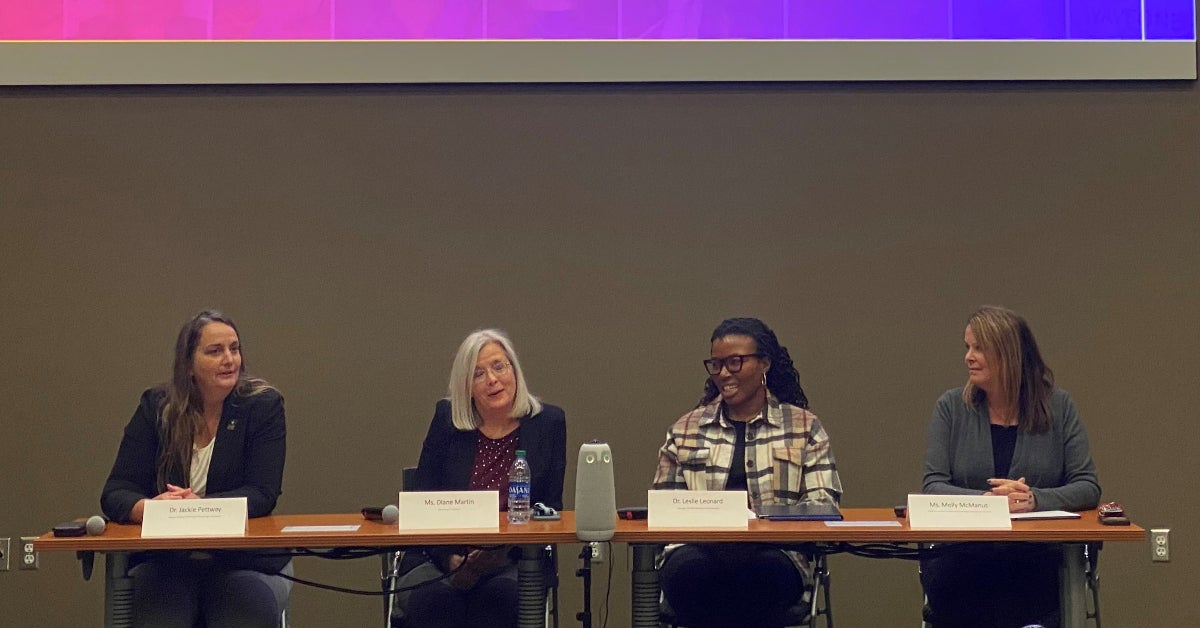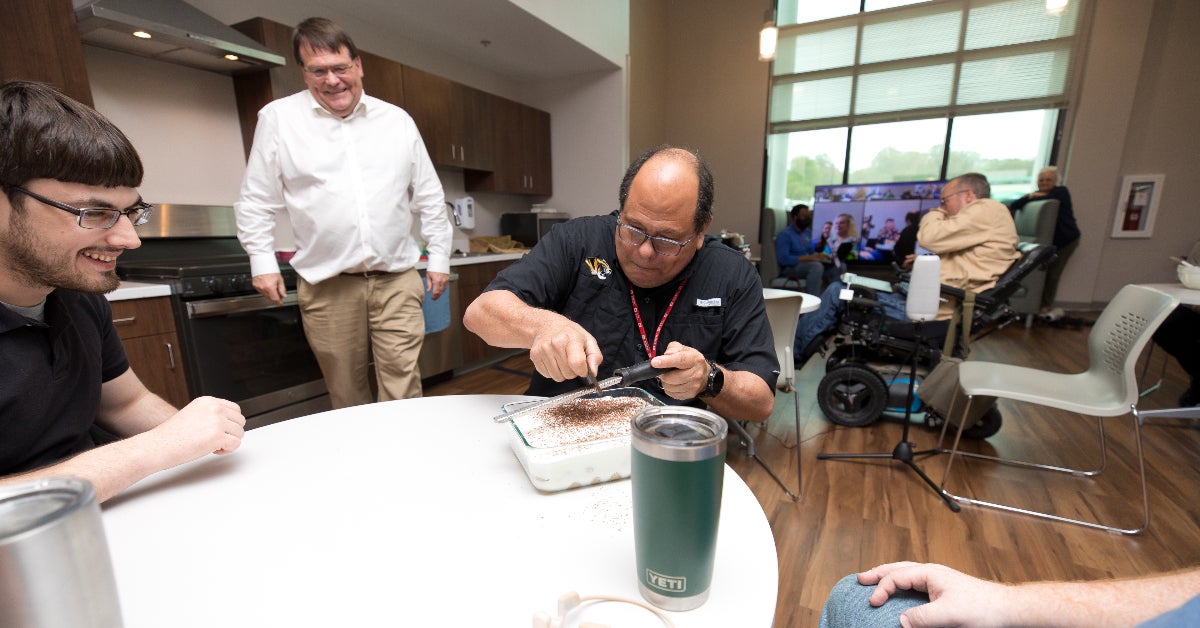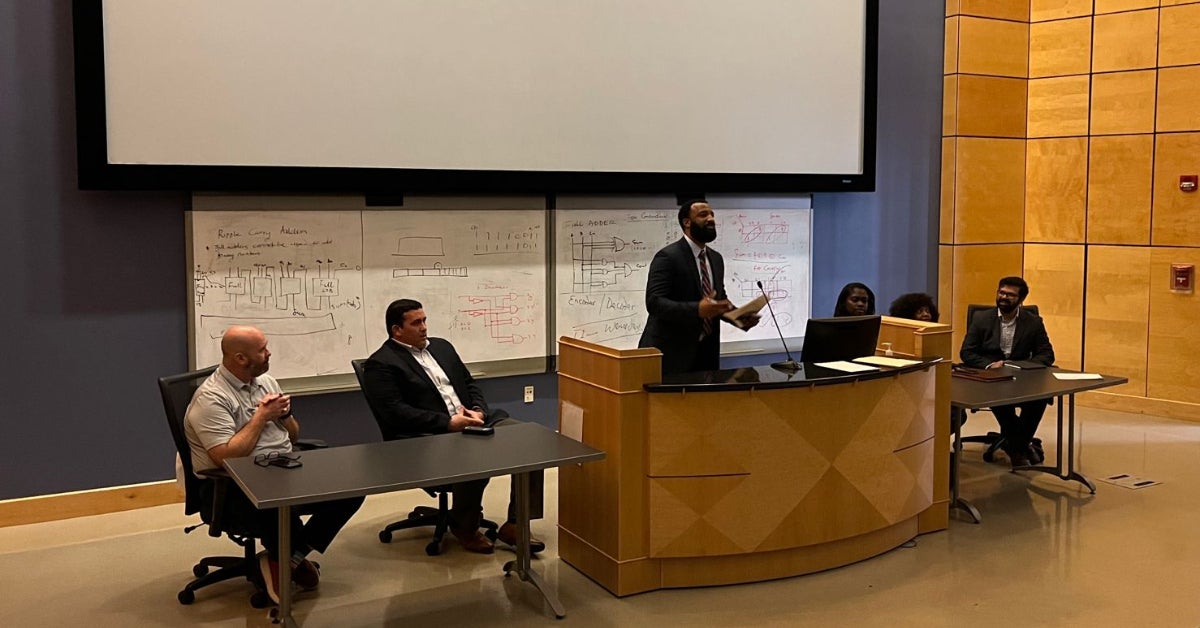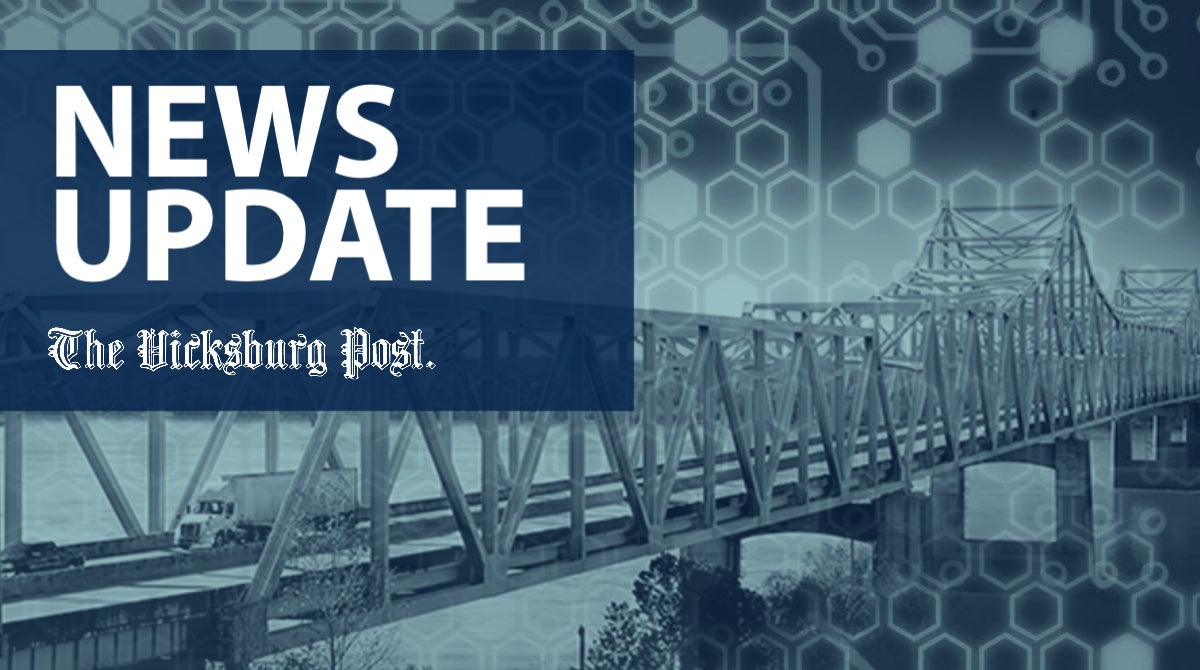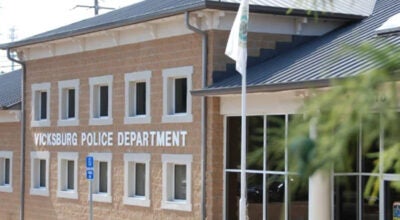Proven to be a great IDEA: ERDC announces Inclusion Diversity Equity and Awareness Council
Published 9:56 am Friday, April 28, 2023
Since 2019, Quincy Alexander, a research civil engineer at the U.S. Army Engineer Research Center (ERDC), has been shining a light on common barriers relating to diversity, equity and inclusion (DEI) that are often faced in the workplace. DEI is used to describe policies and programs that encourage equitable treatment for people of different ages, races, cultures, disabilities, religions and more. Examples of commonly documented barriers in the technical workplace include biases in recruitment and hiring, social capital and stereotype threat.
Alexander, who serves as chief of the software engineering and informatics division at the Information Technology Laboratory (ITL), originally got involved with DEI work through the American Society of Civil Engineers (ASCE). During his time as chair of the organization’s national-level DEI committee, he realized their code of ethics was missing important guidance on how to address a specific issue with a member of the ASCE. His committee’s efforts led to the addition of a new canon that introduced DEI language into the code of ethics. After this experience, Alexander presented what he had learned to ERDC leadership.
“I was asked to provide a briefing to the leadership at the ITL about the work that I was doing with the ASCE,” Alexander said. “Rather than just briefing DEI principles, I collected data on ITL to make it personal for the ITL leadership team, which shined a light on opportunities to improve.”
After the briefing, ITL Director Dr. David Horner gave Alexander an opportunity to gather a group of people and develop a plan to address the issues that he found in his analysis. Thus, the Inclusion Diversity Equity and Awareness (IDEA) Council was born.
“I wanted to make sure that we had equal representation throughout the lab so that everyone’s voice could be heard,” Alexander said. “We ended up with about eight people, plus the team from the Directorate of Human Capital, and decided to name our group the Inclusion, Diversity, Equity and Awareness (IDEA) Council.”
The IDEA Council aims to bring awareness to common barriers to inclusion found in the workplace, but should not be looked at as the group meant to execute everything. Because of this, Alexander chose to create a council, not a committee.
“It is about bringing awareness and providing counsel — everyone has to play a role if we are going to advance this culture of inclusion that we want as a lab and throughout the ERDC,” Alexander said.
Once the IDEA Council was created, members learned about the seven barriers to inclusion that commonly come up in STEM career fields. Each member took a barrier and created actionable ways to address it, and those action items were captured in the ITL Strategic Plan for Diversity, Equity and Inclusion.
The first barrier was networking — how people from majority groups usually have connections that people in minority groups often do not. By creating the Social Activities with the Senior Staff (SASS) events, the IDEA Council brought a small group of people together and put them in social situations to expand their network.
“The first activity was a virtual pizza cooking class with Dr. Ballard. He sent out the ingredients that he would be using in advance, and it was a way to open communication in a relaxed environment and break down the barrier of social networking,” Alexander said. “Expanding networks helps with informal information sharing and increases the prospects of meeting new coaches, mentors, and sponsors that are critical to career advancement.”
Horner hosted the most recent SASS event, where he prepared tiramisu and talked about his love for travel and food — allowing everyone an opportunity to join in on the conversation.
Along with these monthly social networking events, the IDEA Council also created employee resource groups that follow the same model — Advancing Women into Leadership (AWIL) and Advancing Research Opportunities Collaboratively (AROC).
“We created AROC so that everyone could be included to receive mentoring from peers and learn how to be a better researcher,” Alexander said. “With AWIL, we recently had Dr. Jacqueline Pettway, deputy director of ITL; Diane Martin, director secretary of ITL; Leslie Leonard, workforce development manager for the HPCMP; and ISKM Chief Molly McManus on a panel to discuss their career paths and the barriers they overcame, along with any advice they might give to other women leaders.”
When the word of the ITL IDEA Council’s achievements reached ERDC Director Dr. David Pittman, Alexander was invited to give a briefing at the ERDC Board of Directors meeting, where he focused on ERDC-wide data.
“Now, most laboratories have individual councils and there’s an ERDC-wide IDEA Council that is led by Ms. Patricia Sullivan, ERDC’s deputy director, where each of ERDC’s seven labs has a few representatives,” Alexander said.
Through the ERDC IDEA Council, training was provided for supervisors on how to remove biases in hiring, a tactic that has proven to be very successful. Alexander also recently participated in a panel discussion about recruiting diverse talent at Jackson State University. When asked if he had any advice to share for people that want to help address barriers in the workplace, he said that looking at the data makes all the difference.
“A lot of the time, with topics like this, people let their emotions distract from the goal, so I think — being a research and development organization — having things that were data-centric and research-driven to guide our decisions was helpful,” Alexander said. “We are trying to bring awareness and trying to counsel to move forward and recognize that organizational culture does not shift overnight — these initiatives take time.”
If you are interested in learning more about the ITL IDEA Council initiatives, email ITL-IDEA-Council@erdc.dren.mil.


